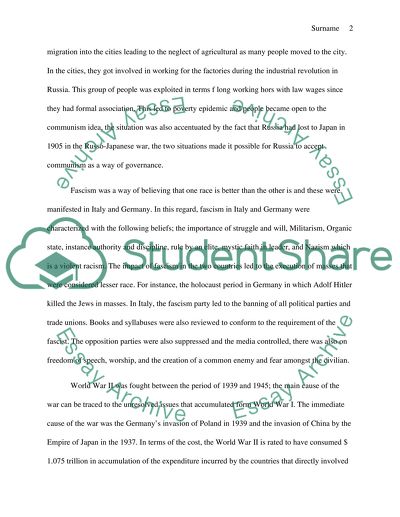Cite this document
(“Treaty of Versailles,Communism in Russia,Fascism,World War II,Cold War Case Study”, n.d.)
Retrieved from https://studentshare.org/history/1474134-world-history-exam-questions-please-find-me-a
Retrieved from https://studentshare.org/history/1474134-world-history-exam-questions-please-find-me-a
(Treaty of Versailles,Communism in Russia,Fascism,World War II,Cold War Case Study)
https://studentshare.org/history/1474134-world-history-exam-questions-please-find-me-a.
https://studentshare.org/history/1474134-world-history-exam-questions-please-find-me-a.
“Treaty of Versailles,Communism in Russia,Fascism,World War II,Cold War Case Study”, n.d. https://studentshare.org/history/1474134-world-history-exam-questions-please-find-me-a.


